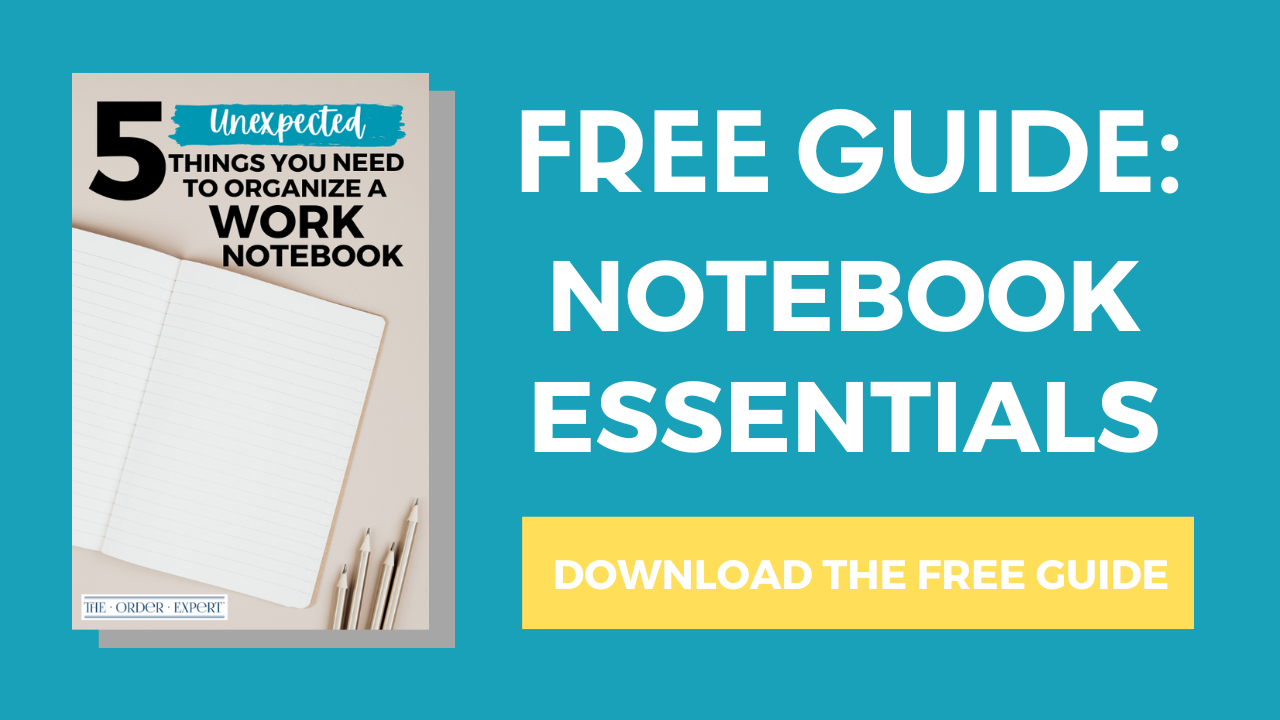
Wondering if you waste time when you’re working on a planning session?
Are your planning sessions not as productive as you’d like them to be?
Does it feel as if time passes by in a flash…and you don’t have anything to show for your work?
In this post, you’ll find a few tips to help you make the most of your planning sessions.
Limit the length of planning sessions.
Do your planning sessions seem to run for hours on end?
A longer session doesn’t necessarily mean you’ll be more productive.
In fact, it might end up zapping or draining your energy.
Before you begin any planning session, set a time limit.
Depending on the project, you could choose fifteen, thirty, or sixty minutes for you to sit down and sketch out your plans.
You’ll feel more accomplished knowing you put in a solid thirty minutes’ worth of planning, rather than a vague amount of time planning.
Avoid working on planning tasks.
You’re planning a party for a friend. You’ve got the budget, made a guest list, and have food and decoration ideas.
All of a sudden you get an urge to go online and check out a party supply website.
That’s part of your planning, right? Not quite.
Planning is working on arranging the tasks you’ll complete at a later date and time; not working on the tasks themselves.
Only keep your planning materials within arm’s reach.
You may also want to consider switching off computers, phones, or any other items that may distract you from your planning.
Calm Yourself down.
Planning is a way for you to figure out the best course of action for completing your work.
Rushing through your planning negates all of that careful thought and consideration you would otherwise bring to your work.
If you tend to rush through your planning, take a moment to calm down.
You will still have time to do your work, promise!
Take a few deep breaths, listen to some soft music, and calm yourself down.
If necessary, you can schedule your planning sessions for less-busy or less-hectic times of the day.
This will allow you to slow down and focus on your work.
Stop planning when you’re tired or fatigued.
You’re looking at your plans, but things aren’t making any sense.
Everything looked good fifteen minutes ago, but now you can’t make heads or tails out of your notes.
Should you scrap everything and start from scratch? Certainly not. You probably just need a break.
You can only work on something for a certain amount of time with a clear head before things become muddled.
Instead of pushing forward, give your mind a break from work.
Set your planning aside for a couple of hours, or a day or two, if you can manage it.
You’ll be able to pick up where you left off with a fresh outlook.
Learn how to manage projects in your business
Project management has many different moving pieces. That’s why it’s important to get a handle on basic project management skills so you can successfully navigate work.
My time management guide can show you how to prioritize tasks, manage assignments, and run meetings.
If you want me to show you how you can manage projects in your business with less stress, then check out my productivity consulting services. Book a strategy session with me today!
How about you? How do you make the most out of your planning time when it comes to laying out the groundwork for projects and assignments? Join the conversation and leave a comment below!





I’d never thought about it before, but #3 really spoke to me. It really goes hand in hand with breaking projects down into small tasks. “Researching venues” needs to be completed before you can start contacting venues, but it’s not an essential component of the planning phase. Maybe you need another planning session to review your options once you’ve compiled a list, but it’s just not realistic to do all of that in one sitting, especially without losing focus. Thanks!
I was just thinking about that too…too often do we think of a planning session as “the planning session.” Not everything can be figured out in one sitting. In any case, no matter what planning you may do, you’re already a step further than you were before.